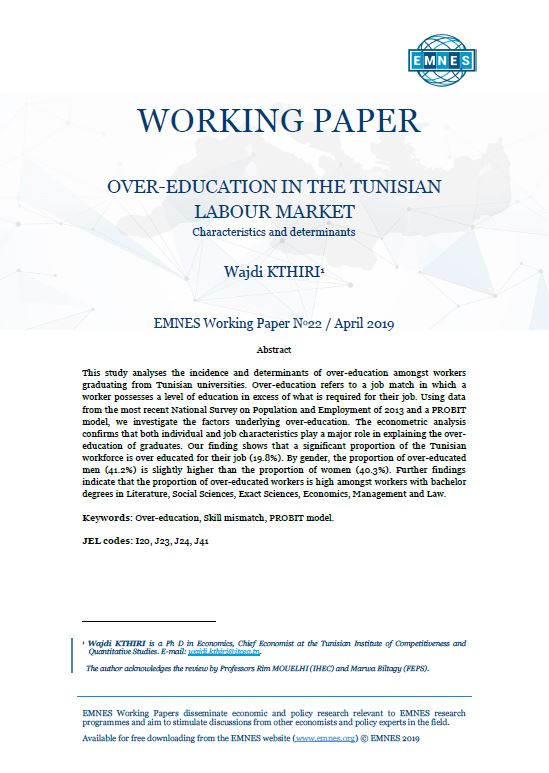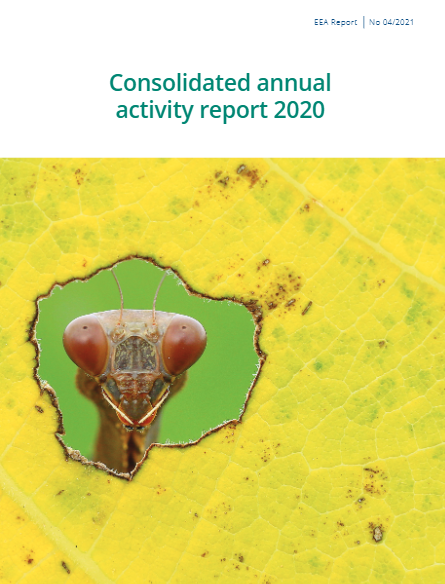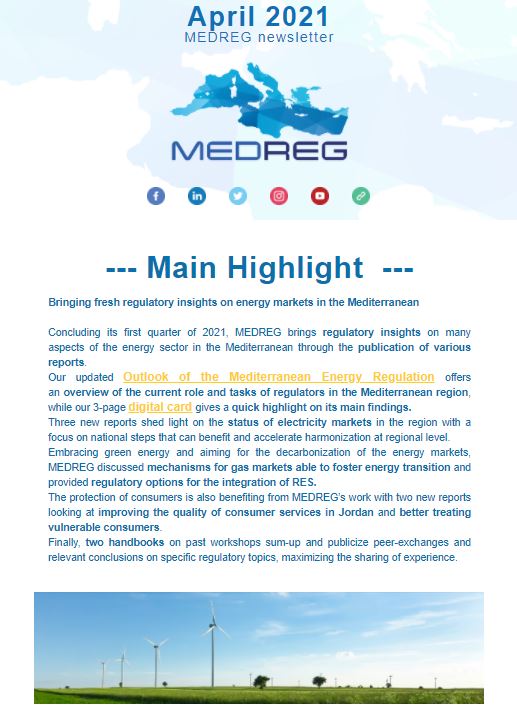EMNES Working Paper 22 – Over education Tunisian labour market: characteristics and determinants

This study analyses the incidence and determinants of over-education amongst workers graduating from Tunisian universities. Over-education refers to a job match in which a worker possesses a level of education in excess of what is required for their job. Using data from the most recent National Survey on Population and Employment of 2013 and a PROBIT model, we investigate the factors underlying over-education.
The econometric analysis confirms that both individual and job characteristics play a major role in explaining the over-education of graduates. Our finding shows that a significant proportion of the Tunisian workforce is over educated for their job (19.8%). By gender, the proportion of over-educated men (41.2%) is slightly higher than the proportion of women (40.3%).
Further findings indicate that the proportion of over-educated workers is high amongst workers with bachelor degrees in Literature, Social Sciences, Exact Sciences, Economics, Management and Law.
Latest Publications































 Syria
Syria 



